Neurodiversity information for parents and young people
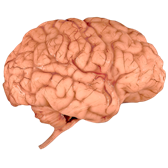
Neurophysiology is the study of brain, spinal cord nerve and muscle function.
With our tests we record electrical signals from the body to help tell us what condition you might have.
What is an EEG?
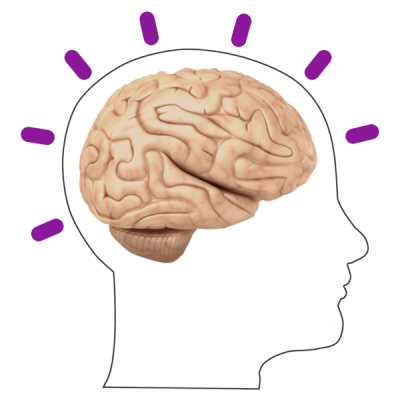
An EEG (electroencephalogram) is a simple test which records the electrical signals from the brain.
An EEG can take up to 45 minutes to 1 hour and is recorded by video.
A sleep deprived EEG will take around 3 hours. This means you will be asked to stay awake the night before.
What do I need to do on the day of my test?

Before you come for the test you can have your meals as normal. You can also continue taking medicine that you are on unless you have been told otherwise by your clinician.

Bring a list of your current medicine and any allergies with you.
Ensure that your hair is clean and free from grease, hairspray, gel and any other hair care products.
You will be asked to sign a consent form for this test.
What will happen during the test?
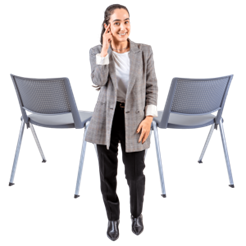
This test is not painful.
The test will be carried out by someone in electroencephalography, a clinical physiologist.
You will be asked a few questions about the test. You can bring someone to your appointment if you wish.
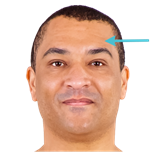
The clinical physiologist will start measuring your head and drawing some little dots with a marker on the surface of your head.
The clinician will then gently rub the marks with some gel, before putting 23 small discs to the surface of your head using a sticky paste.
The paste can be removed with water.
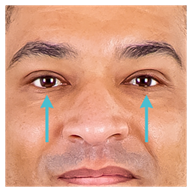
You will then be asked to relax on a bed and be told when to open and close your eyes.
You may also be asked to do a deep breathing exercise and to look at a flashing light during the test.
What do I need to know if I have been sent for a sleep EEG?
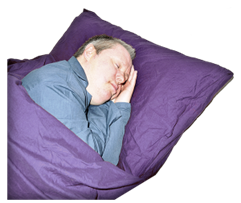
If you have been sent for a sleep EEG, you should sleep for half the amount of time you normally would.
If you normally sleep for 8 hours you should aim to sleep for 4 hours.
Make sure you go to bed at your usual time.
If you have epilepsy, there is always a small risk that you may have a seizure because of lack of sleep and your doctor will talk about this with you.

For some sleep studies we may give you a sleep medicine called Melatonin to help you go to sleep.
You should not have symptoms other than drowsiness.

If you plan to drive to the appointment, you should be with an adult as you will be too tired to drive safely and you might have a seizure if you are epileptic.
What happens after my test?

After the test is finished the discs will be taken off and you can do your normal activities.
There should be no side effects after an EEG (without lack of sleep).
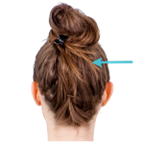
Small pieces of sticky paste may be left in your hair which easily wash out with shampoo and warm water.

If you come from a sleep EEG you should be with an adult, as you won’t be allowed to drive home after the test.

The results of the test will take a few weeks to be looked at by the physiologist and the doctor.
Your hospital clinician will talk about the results with you.
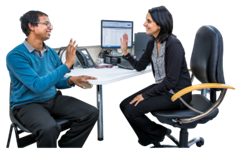
Your GP will also have a copy of the results and you can ask the GP for a copy, if you wish.

If you need more information about this or similar neurophysiological tests, please visit The British Society for Clinical Neurophysiology (bscn.org.uk)
More information
Translate

Please talk to a member of staff before or during your visit to the hospital if you require translation support to access Patient Information. Please ring the phone number on your appointment letter, if you have one.
Accessibility
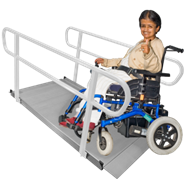
Please talk to the Patient Experience Team on 020 893 3850 if you need this information in a different format.
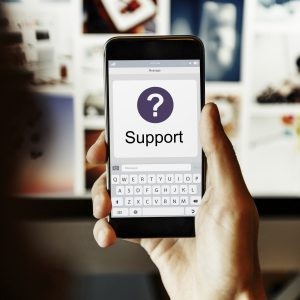
Patient Advice and Liaison Services (PALS)
PALS provides information, advice and support to patients and relatives.
Email: khft.
Phone: 020 8934 3993 (Monday to Friday 9am to 5pm)

Pastoral and Spiritual Support Service
We offer all backgrounds serving people of all faiths.
Phone the hospital switchboard: 020 8546 7711 and ask for the Duty Chaplain, we are available 24 hours a day 7 days a week

Learning Disability Liaison Service
We support patients and carers to plan a visit, helping to organise changes.
Email: khft.
Phone: 020 8934 6895 (Monday to Friday 9am to 5pm)
Contact information
Learning Disability Liaison Service, Monday to Friday 9 am to 5 pm

